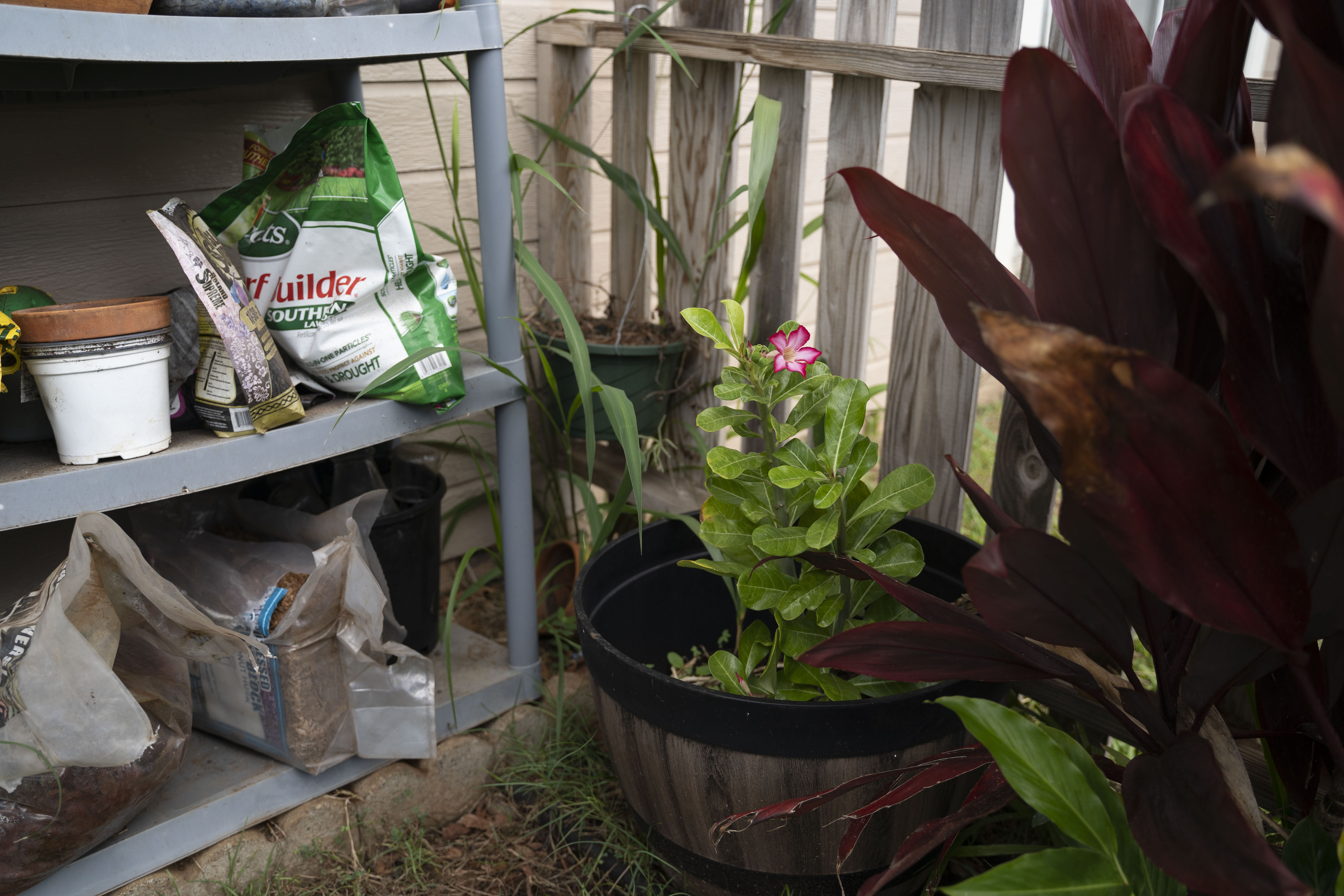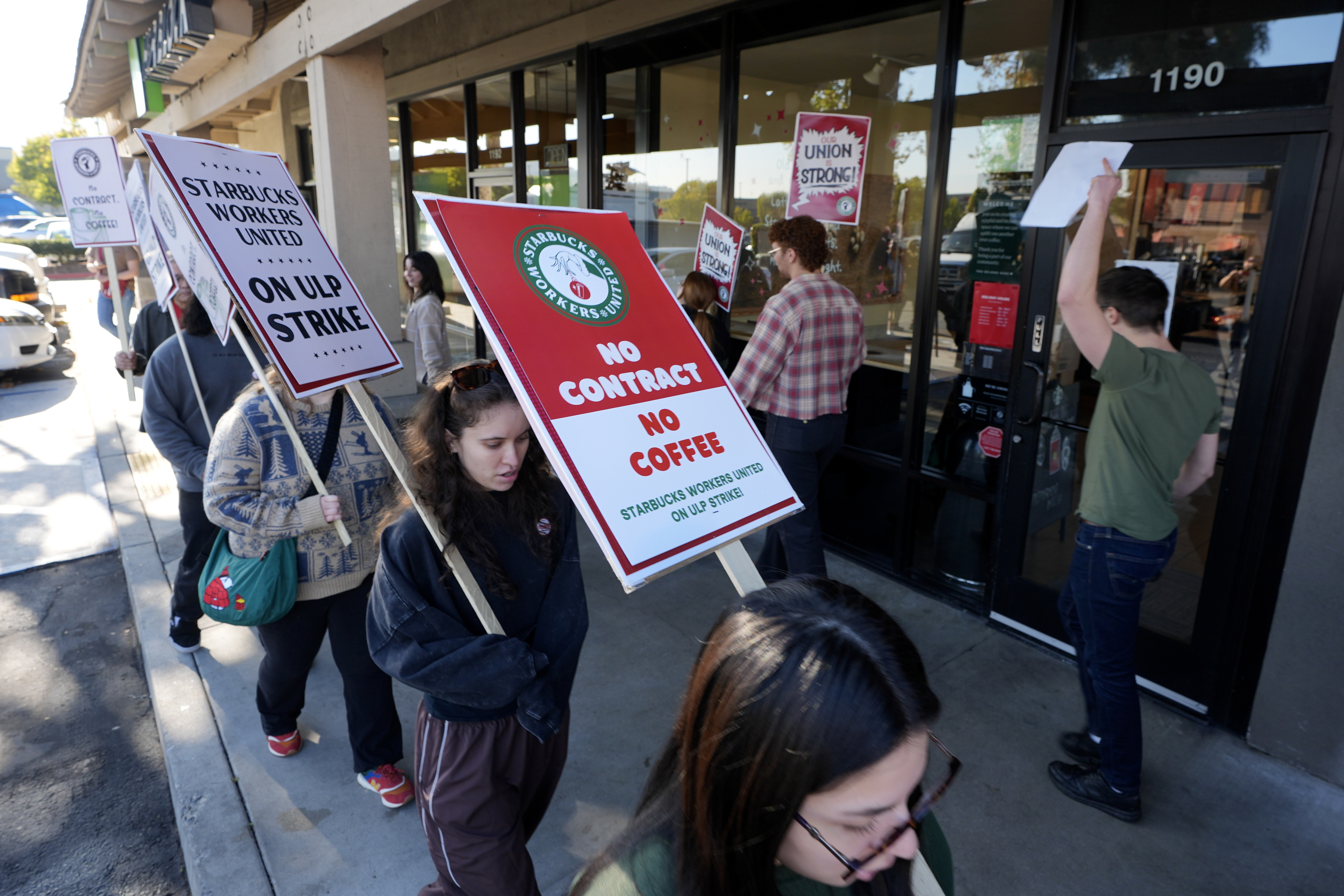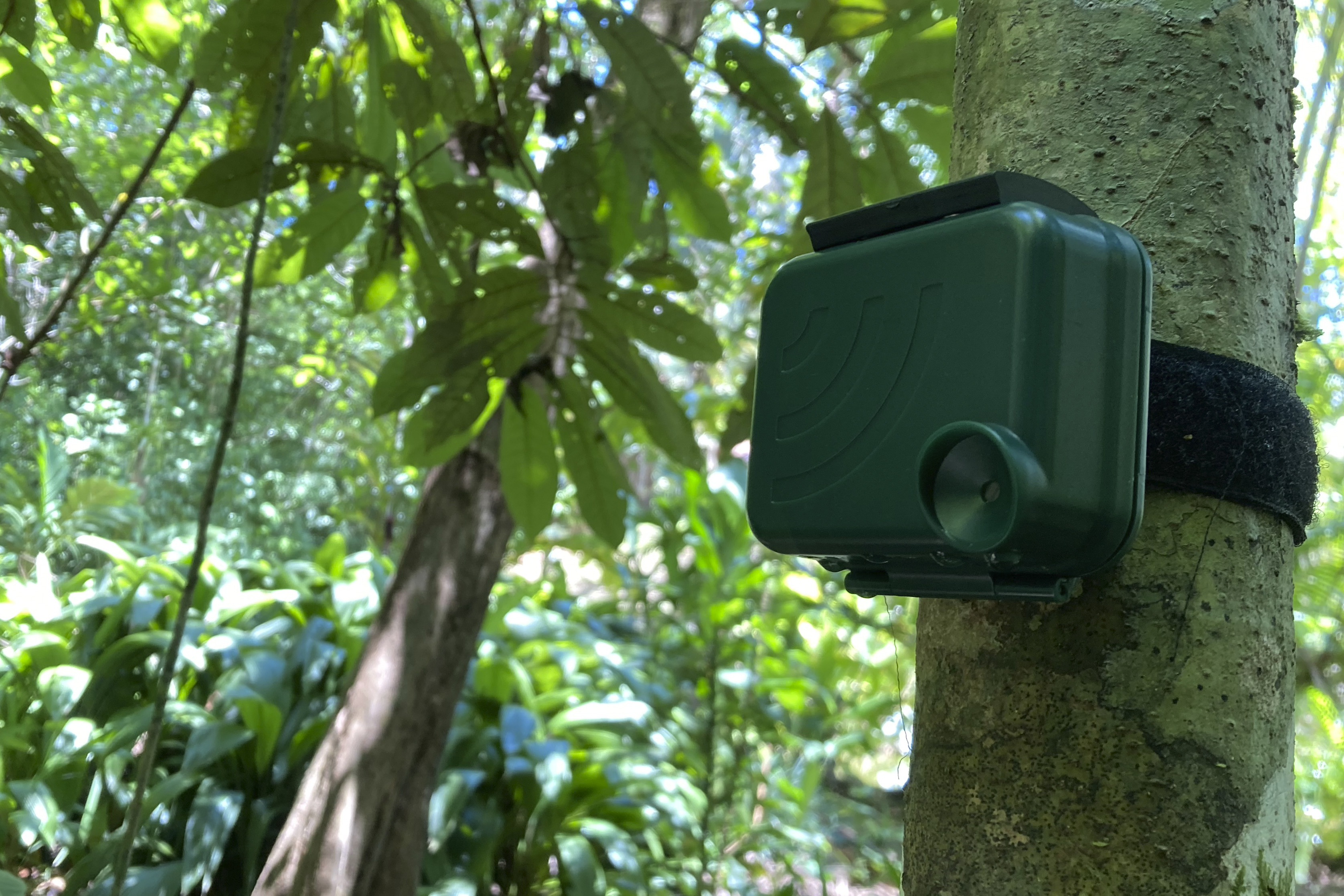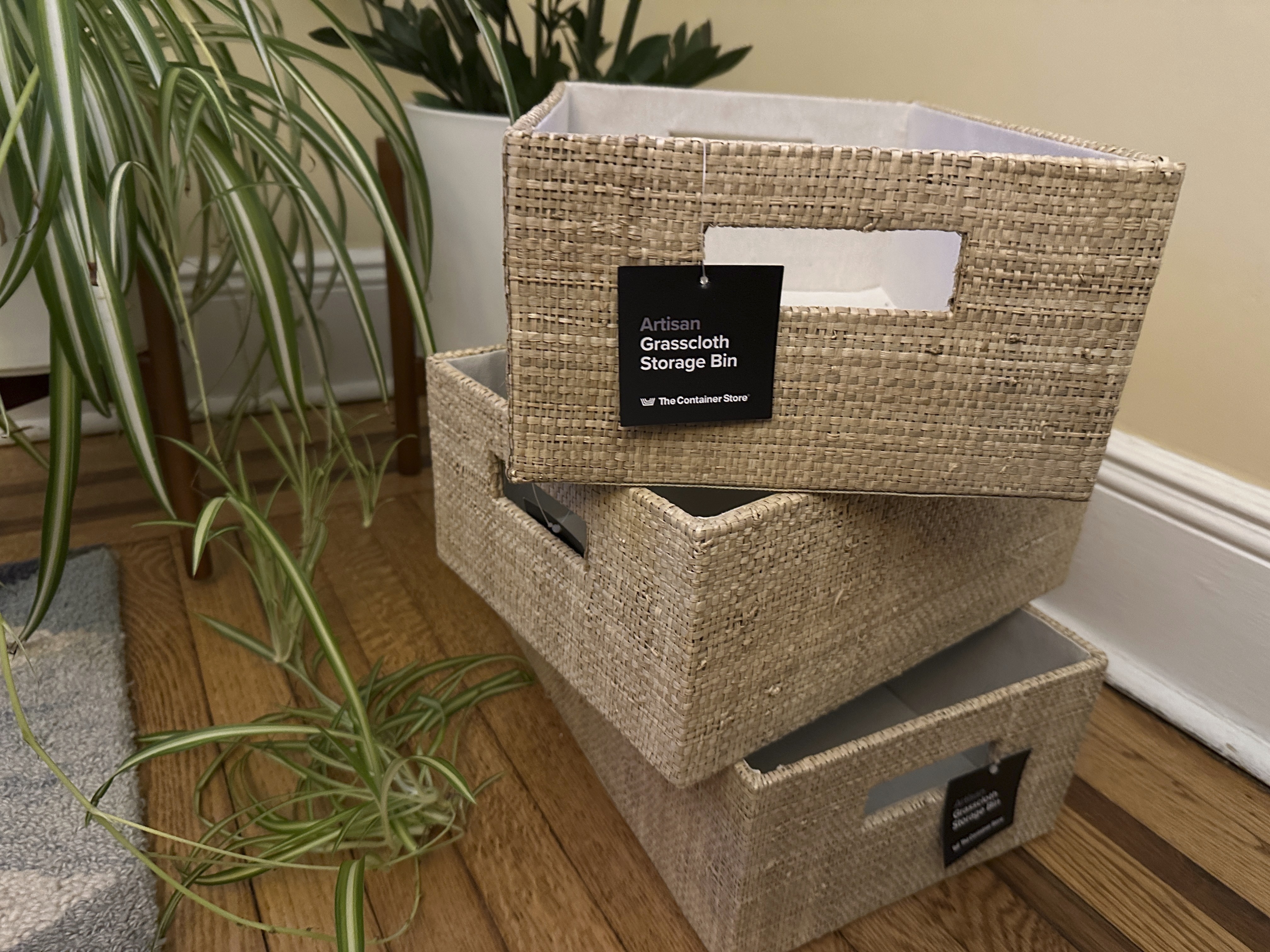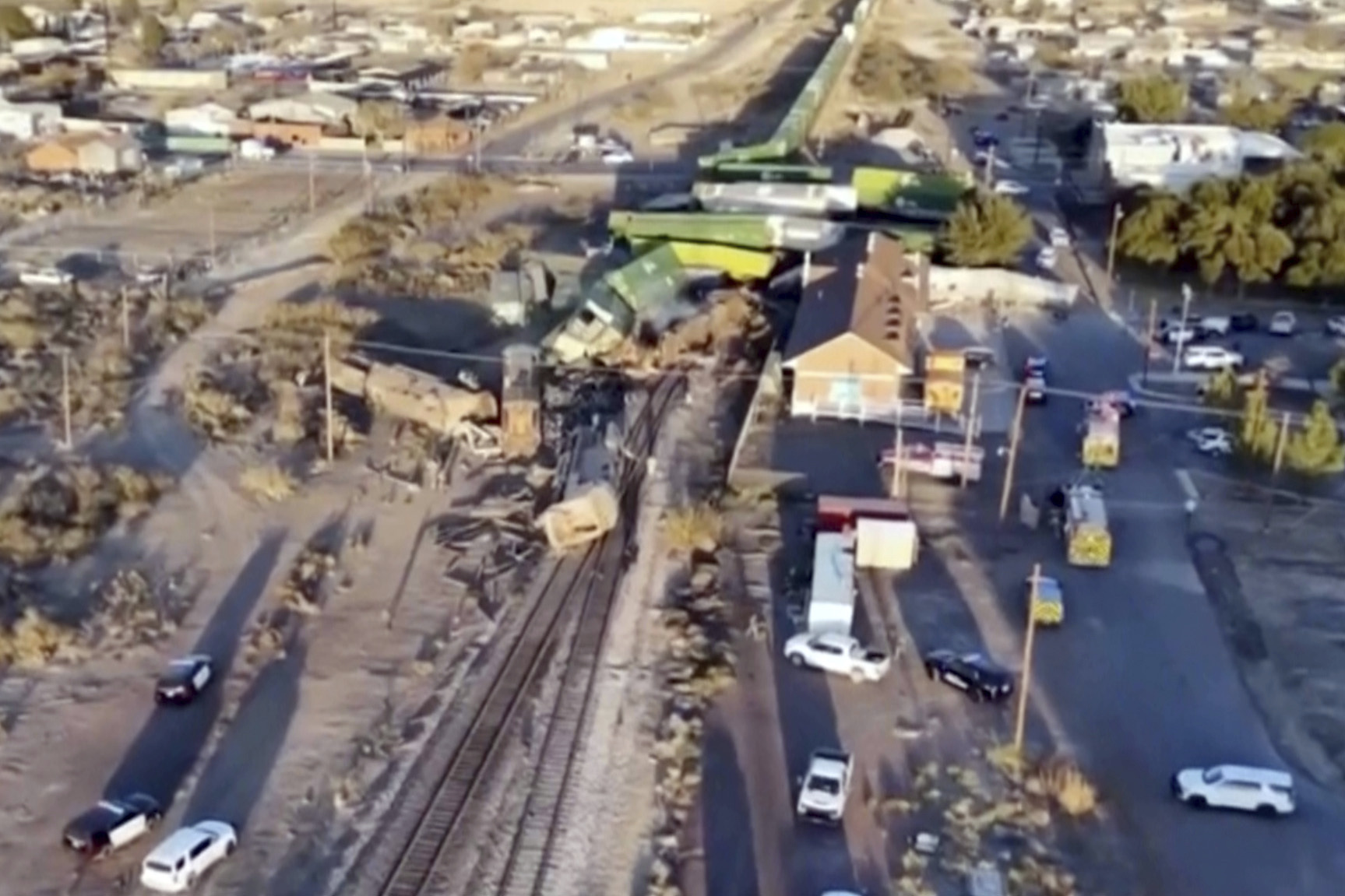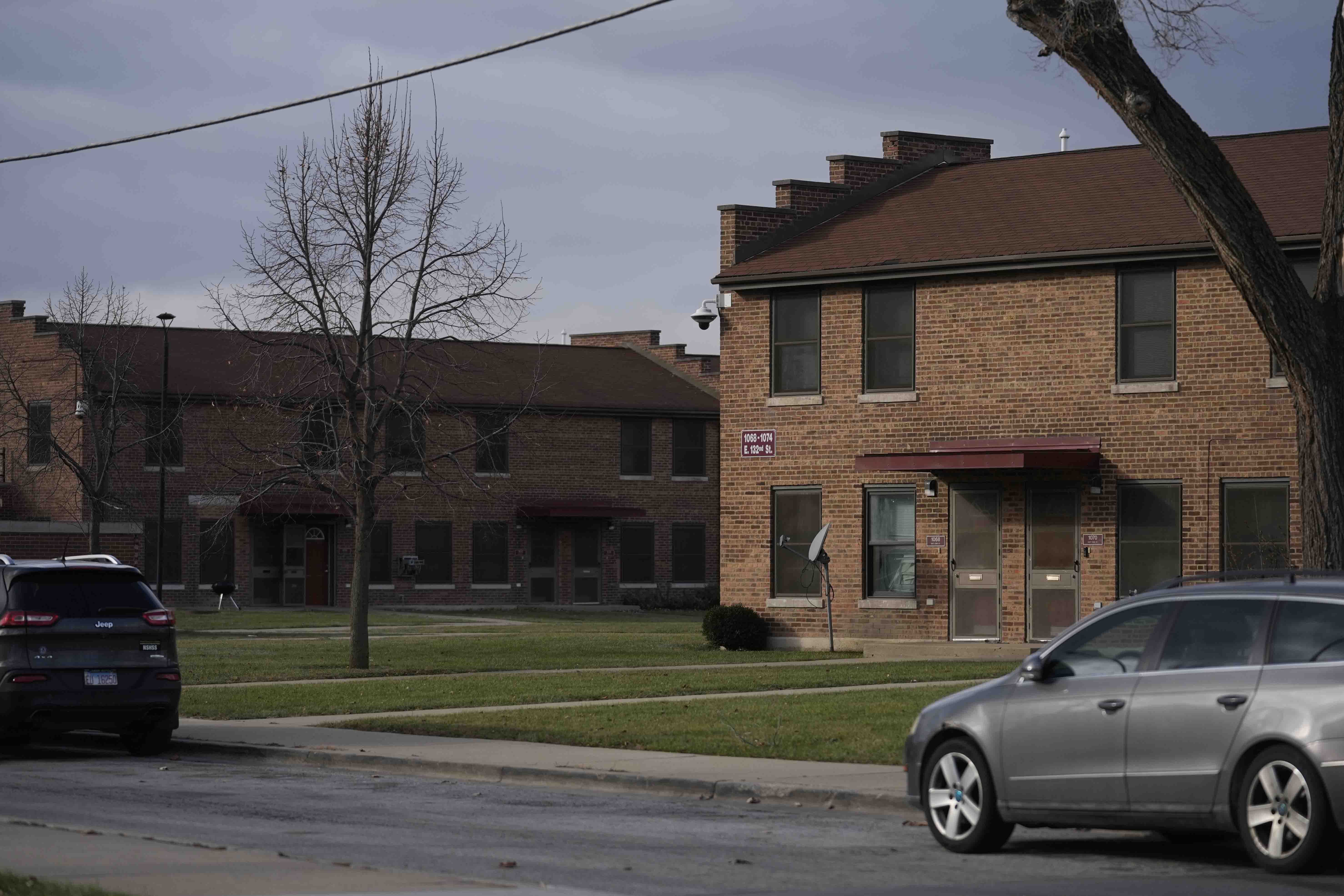EL PASO, Texas (Border Report) – After 40 years of waiting for justice, a group of Maya Achi women on Tuesday were forced to endure one more delay. A judge in Guatemala City suspended the start of a trial against their accused rapists when the men’s lawyer failed to show up in court. The trial starts on Wednesday with a public defender, if necessary.
These proceedings in the capital of Guatemala mark the second time in six years that members of paramilitary groups controlled by the army will stand trial for the alleged mass rape and forced domestic servitude of relatives of suspected guerrillas between 1981 and 1985.
The women from the Alta Verapaz region allegedly suffered sexual assaults by soldiers and civilian patrols who were looking for their husbands or had already taken and executed them; they were taken to an army installation, forced to cook, wash clothes and endure sexual assaults for up to six months.
International groups such as the Washington Office for Latin America are monitoring the trial, which some see as a test of a newly autonomous judicial system in a country with a history of corruption and authoritarian rule. Such corruption and oppression are often cited by advocates to explain why so many people are migrating from Guatemala to the United States.
“These are poor Maya Achi women who have suffered in silence for decades and lived in their communities with the stigma of being victims of sexual violence,” Jo-Marie Burt, an associate professor of political science at George Mason University and senior fellow at WOLA, told Border Report on Tuesday. “I find them to be inspirational in their righteous determination to seek justice for wrongs inflicted on them by paramilitary groups created and controlled by the Guatemalan army for the purpose of subduing the Indigenous population.”
Guatemala’s civil war came to an end in 1996, but only now the victims of atrocities committed by the army and pro-government forces are in a position to see justice done, she said.
The case is based on the testimony of 36 Maya Achi women now in their 60s and 70s. The circumstances are not unlike the landmark 2016 proceedings that resulted in the conviction of two former military officers for crimes against humanity including the rape of 15 Q’eqchi women in an army outpost in Sepur Zarco.
The murdered men and sexually enslaved women were not even guerrillas, Burt said.

“The conflict started not because there was a guerrilla presence in the region, but because members of the Q’eqchi community started organizing to reclaim land that was stolen from them by rich landowners,” she said. “The landowners felt threatened. They called the military and said, ‘there are guerrillas here, you need to come and get rid of them.’ The army comes and the landowners give them a list of names.”
Research from local activists and international organizations shows soldiers and civil patrols kidnap the activists, take them to military bases, torture and kill them in ways that include pushing them into a 10-foot pit and hurling fragmentary grenades at the hole. The women are allegedly interrogated and raped at their homes, sometimes in front of their children, or brought to the base and attacked in the showers by multiple aggressors.
In many cases, the female accusers are kept at the base grinding corn, making tortillas, cooking beans, cleaning, washing and staffing what an internal army memo describes as a “Recreation Zone” for soldiers deployed to combat zones in the region, Burt said.
The women have been seeking the arrest of their aggressors and reparations for themselves and their communities since the end of the civil war.
“It has taken so long because many of the structures of power that were in place during the conflict remained in place after the peace accord,” she said. “The justice system was generally under the thumb of the power elite. It took a lot of effort to build judicial independence with the support of the international community plus the determination of the victims.”
Some of the accusers and at least one of the alleged rapists have passed away of natural causes during the wait, she said.
A previous judge dismissed the case against seven defendants in 2019; the women won a new trial on appeal based on alleged biased comments expressed by the judge. Now, five defendants face charges, including Francisco Cuxum Alvarado, Damian Cuxum Alvarado, Gabriel Cuxum Alvarado, Bernardo Ruiz Aquino and Benvenuto Ruiz Aquino.
The trial will be broadcast on Facebook by the group Verdad and Justicia en Guatemala.






